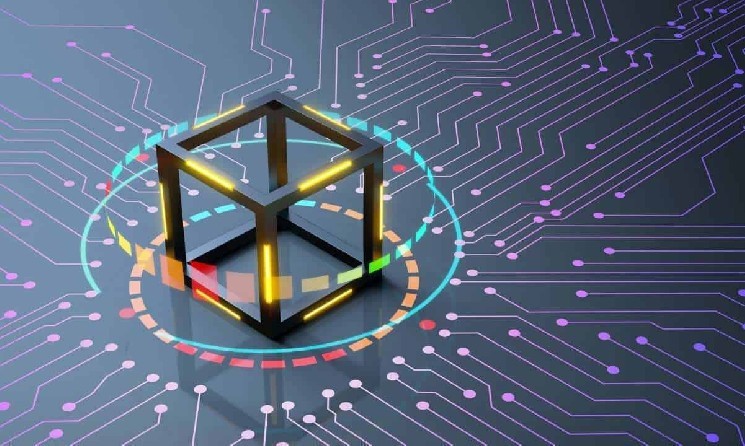A brand new report from Flashbots has warned that Most Extractable Worth (MEV) is quietly changing into one of many greatest roadblocks to blockchain scaling.
In accordance with the analysis, rampant “spam auctions” pushed by MEV searchers are systematically consuming many of the new capability on high-throughput chains like Solana and Ethereum Layer-2s (L2s), neutralizing scaling beneficial properties and driving up consumer charges.
The Scale of MEV-Induced Waste
MEV, the additional revenue miners or bots can extract by reordering transactions, has lengthy been controversial. However Flashbots’ newest deep dive reveals that the issue has escalated from an moral debate to a measurable drag on blockchain efficiency.
Analyzing knowledge from OP-Stack rollups like Base and Optimism mainnet, alongside findings from Solana, the Flashbots survey confirmed how high-frequency arbitrage bots flood networks with numerous speculative transactions in the hunt for fast income.
In accordance with researcher Bert Miller, bots on Solana use about 40% of its blockspace whereas contributing a mere 7% of complete charges. In the meantime, on Ethereum L2s like Base and OP mainnet, spam bots reportedly eat up greater than half of the obtainable gasoline however pay a fraction of the prices in comparison with reliable customers.
Miller shared one stark instance on X: Between November 2024 and February 2025, Base boosted its throughput by 11 million gasoline per second, roughly the identical as three Ethereum mainnets, solely to see just about all of it absorbed by spam bots.
He pressured that the core concern lies in how the bots function. Often, personal mempools, designed to protect their customers from frontrunning, depart MEV searchers blind to real-time order flows. Subsequently, to remain aggressive, these bots are inclined to deploy advanced transactions on-chain to probe for arbitrage, leading to mountains of wasted computation when no revenue exists.
Miller famous that one profitable two-hop arbitrage could value as a lot as 132 million gasoline in failed makes an attempt, which is concerning the measurement of 4 Ethereum blocks per win.
In accordance with him, this dynamic signifies that whereas blockchains can technically increase throughput, MEV spam creates an financial ceiling that makes uncooked ramping up inefficient and dear for everybody else. The Flashbots thesis referred to as this the “dominant restrict to scaling blockchains” and proposed overhauling how networks deal with transaction ordering.
Path to Financial Effectivity
The analysis group’s urged repair combines “programmable privateness,” which supplies searchers sufficient visibility to keep away from spam whereas shielding customers from predatory methods, with express bidding for transaction precedence. This fashion, it believes competitors will shift from brute-force spamming to clear, price-based auctions.
In one other X submit, Miller revealed that some early experiments, like utilizing Trusted Execution Environments (TEEs) to implement bot conduct, are already stay. Final 12 months, his compatriot Angela Lu introduced that Flashbots had run assessments, the place they embedded a bot inside a safe enclave, letting it seize arbitrage alternatives trustlessly whereas stopping malicious ways like sandwich assaults.
Solely lately, former Binance CEO Changpeng Zhao floated the thought of darkish swimming pools utilizing zero-knowledge proof to counter the MEV menace within the decentralized finance (DeFi) area. Moreover, final 12 months, blockchain oracle supplier Chainlink launched an answer dubbed Sensible Worth Recapture (SVR) that may allow DeFi apps to reclaim “non-toxic” MEV.
If refined, improvements like these may hopefully rework MEV from a hidden drain right into a supply of sustainable income for chains, whereas decreasing charges for on a regular basis customers.









